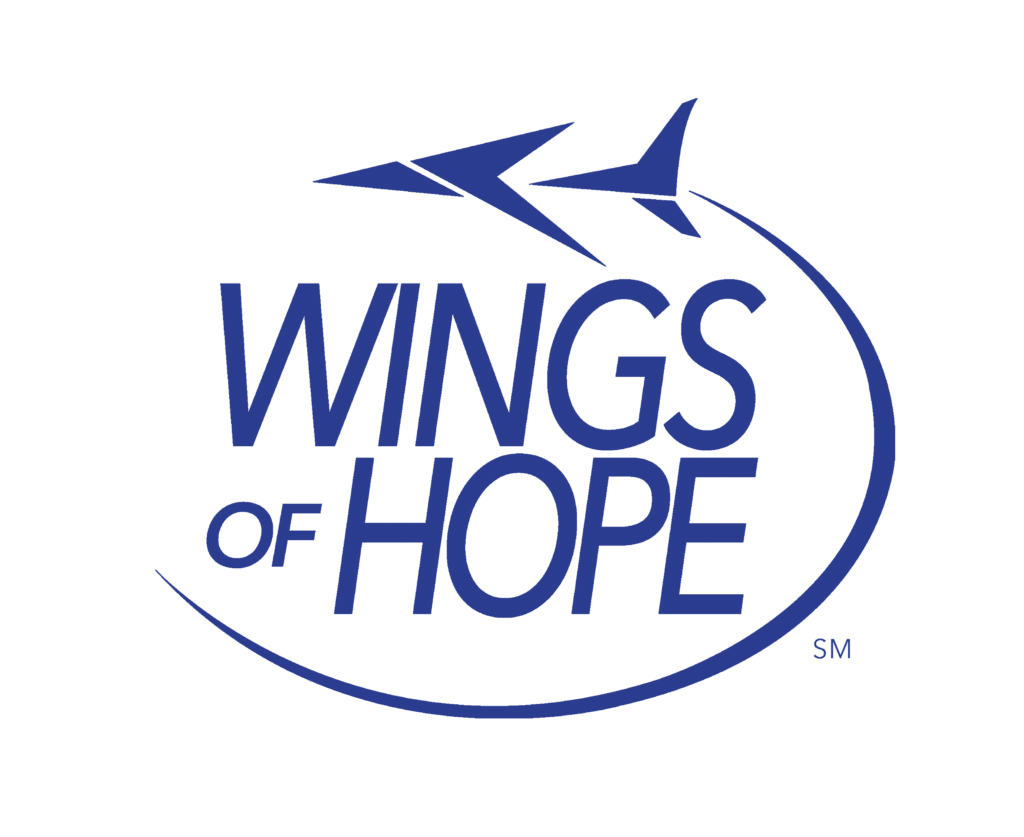Colombia
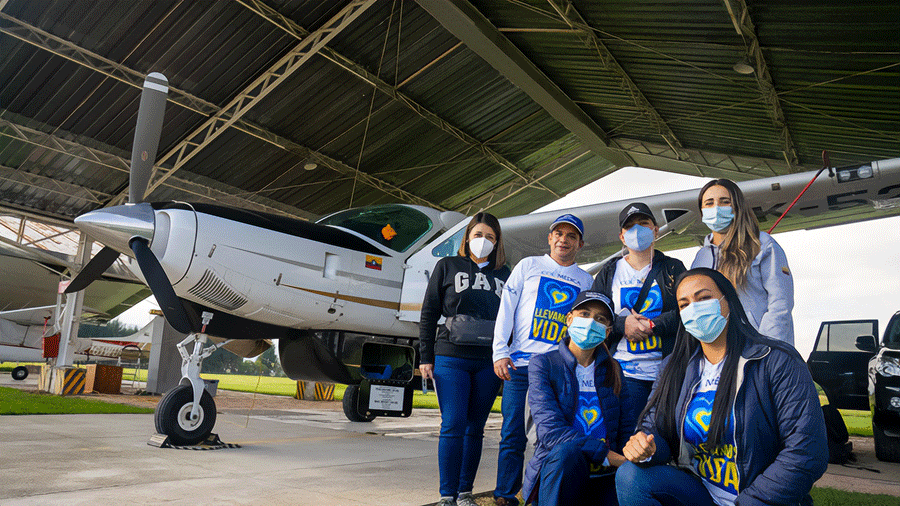
Colombia
Global Humanitarian Network Partner:
Patrulla Aérea Civil Colombiana (PAC)
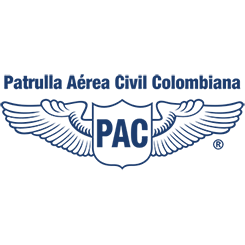
Wings of Hope partners with the Colombian Civil Air Patrol (Patrulla Aérea Civil Colombiana – PAC), a private, nonprofit organization with over 50 years of experience in medical, surgical, humanitarian and emergency medical care brigades for people that live in extreme conditions of poverty, social or geographical exclusion, or that have been victims of any kind of catastrophe.
They are a group of private pilots and health professionals that volunteer to carry out medical brigades with absolute neutrality, impartiality and without discrimination in terms of nationality, race, sex, age, religion, language, social condition or political opinion.
Each year, the organization makes an average of two monthly brigades of different types in Colombia (medical, surgical, pediatric and nutritional); they serve an average of 700 people per brigade, performing 1,200 consultations of specialized medicine and/or 110 surgical procedures.
The Republic of Colombia
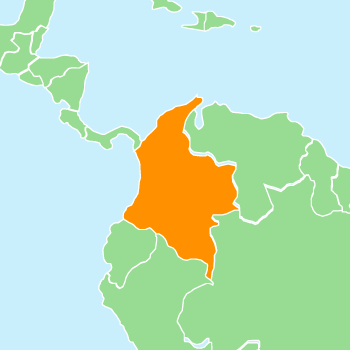
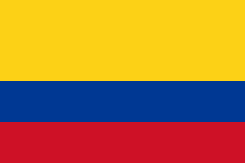
Capital: Bogotá
Currency: Colombian Peso
Language: Spanish
Landmarks:La Ciudad Perdida
Geography:
Colombia is situated in the northwest corner of South America. It shares borders with Venezuela to the east, Brazil to the southeast, Peru to the south, Ecuador to the southwest, and Panama to the northwest. To the northwest, Colombia has coastlines along both the Caribbean Sea and the Pacific Ocean. The Caribbean coast stretches along the northern part of the country, while the Pacific coast lies to the west. These coastal areas, along with the diverse landscapes, contribute to Colombia’s rich biodiversity and varied climate zones.
Colombia is nicknamed the “gateway to South America” because it sits in the northwestern part of the continent where South America connects with Central and North America. It is the fifth largest country in Latin America and home to the world’s second largest population of Spanish-speaking people.
Colombia’s roots can be traced back to pre-Columbian times, when indigenous tribes such as the Muisca, the Tairona and the Quimbaya inhabited the region for thousands of years. The arrival of the Spanish in the 16th century led to the destruction of many indigenous cultures, along with forced labor of the native population. Colombia gained its independence from Spain in 1819 and became a republic, but the 19th century was marked by political turmoil and economic instability. The 20th century brought a period of relative stability but was also marred by social and political conflict, including a violent period known as “La Violencia.” In recent years, Colombia has been plagued by violence and drug-related crime, fueled by the illegal drug trade, which remains a major source of income for many people in Colombia. Despite efforts by the government to combat drug trafficking and improve security, the country continues to face challenges such as poverty and inequality. With the turn of the century, Colombia began to write a brief history very different from the one before. Once convulsed by the violence from drug trafficking, guerrillas and the 1999 economic crisis, which generated fear and enormous insecurity, today Colombia is recognized as a country of artists, athletes, writers, culture, gastronomy, music and tourism. The Olympic medal count rose, footballers were signed by big clubs, and the country’s restaurants and chefs, as well as the music of Carlos Vives, Shakira and J Balvin, travelled around the world.
Colombia’s health care system has made significant progress in recent years. The country has a universal health care system, known as the General System of Social Security in Health, which provides coverage to more than 95% of the population.
Colombia’s health care system is composed of three main entities: the Ministry of Health and Social Protection, which is responsible for developing policies and regulations; the health insurance companies, which are responsible for administering the system and providing coverage to the population; and the health care providers, which are responsible for delivering health care services to patients.
One of the key features of Colombia’s health care system is the “subsidiado” program, which provides free or heavily subsidized health care to the poorest 20% of the population. The program covers a wide range of services, including preventive care, primary care and hospitalization. In addition, the “contributivo” program covers the remaining 80% of the population and is funded through contributions from employees, employers and the government.
Colombia has also made significant progress in reducing infant mortality rates and improving maternal health on the national level. The country’s infant mortality rate has decreased from 18.6 deaths per 1,000 live births in 2000 to 10.3 deaths per 1,000 live births in 2019. Similarly, the maternal mortality rate has decreased from 63 deaths per 100,000 live births in 2000 to 51 deaths per 100,000 live births in 2017. Although the country has made significant progress at the national level, the communities served by PAC face much harsher health outcomes.
There are still many challenges facing Colombia’s health care system. One of the major barriers is the lack of health care infrastructure in rural areas, which can make it difficult for people living in these areas to access health care services. In addition, there are shortages of health care professionals, particularly in specialties such as pediatrics and internal medicine. Finally, the quality of health care services can vary significantly depending on the region and the health care provider.
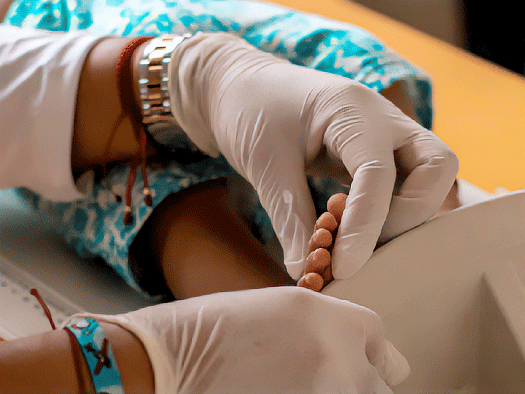
0
Expected Years of Schooling
0
Mean Years of Schooling
0
Gross National Income
(Per Capita)
$
0
Colombia
Worldwide
Disease (by percentage %)


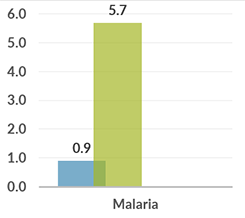
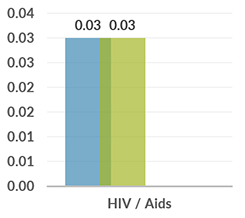
The number of people suffering from diabetes refers only to inhabitants aged between 20 and 79 years.
Child Vaccine (by percentage %)

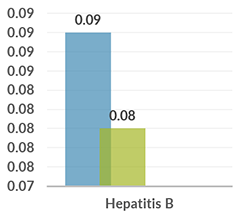
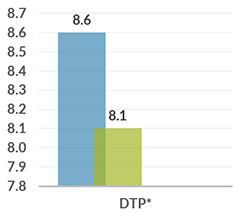
DTP is a combined basic vaccination against diphtheria, pertussis (whooping cough) and tetanus, which should be given to children up to the age of 23 months.
Medical Brigade in Tame
During the medical brigade in Tame, a team of health care professionals including pediatricians, gynecologists, dermatologists, optometrists and ophthalmologists provided consultations and surgeries to prioritize patients. The medical director, Dr. Angelica Vélez Fernández, previously evaluated 800 patients to determine who needed immediate attention. Patients were seen at a local school and given personalized care, including the choice of eyeglasses that best suited their faces. A total of 155 surgeries were performed over the weekend, including many cataract surgeries due to the high incidence of the condition in the Eastern Plains caused by excessive sunlight exposure.
Medical Brigade in Santa Maria, Magdalena
During their recent brigade in Santa Marta, Magdalena, PAC had the opportunity to benefit 1,066 patients by providing them with various medical services including gynecology, pediatrics, family planning, dermatology, dentistry, optometry and general ultrasound services. The organization’s team of medical professionals worked tirelessly to ensure that each patient received the care they needed, and the success of the brigade is a testament to their dedication and commitment to improving the health and well-being of those in need.
Colombia’s roots can be traced back to pre-Columbian times, when indigenous tribes such as the Muisca, the Tairona and the Quimbaya inhabited the region for thousands of years. The arrival of the Spanish in the 16th century led to the destruction of many indigenous cultures, along with forced labor of the native population. Colombia gained its independence from Spain in 1819 and became a republic, but the 19th century was marked by political turmoil and economic instability. The 20th century brought a period of relative stability but was also marred by social and political conflict, including a violent period known as “La Violencia.” In recent years, Colombia has been plagued by violence and drug-related crime, fueled by the illegal drug trade, which remains a major source of income for many people in Colombia. Despite efforts by the government to combat drug trafficking and improve security, the country continues to face challenges such as poverty and inequality.
Colombia’s health care system has made significant progress in recent years. The country has a universal health care system, known as the General System of Social Security in Health, which provides coverage to more than 95% of the population.
Colombia’s health care system is composed of three main entities: the Ministry of Health and Social Protection, which is responsible for developing policies and regulations; the health insurance companies, which are responsible for administering the system and providing coverage to the population; and the health care providers, which are responsible for delivering health care services to patients.
One of the key features of Colombia’s health care system is the “subsidiado” program, which provides free or heavily subsidized health care to the poorest 20% of the population. The program covers a wide range of services, including preventive care, primary care and hospitalization. In addition, the “contributivo” program covers the remaining 80% of the population and is funded through contributions from employees, employers and the government.
Colombia has also made significant progress in reducing infant mortality rates and improving maternal health on the national level. The country’s infant mortality rate has decreased from 18.6 deaths per 1,000 live births in 2000 to 10.3 deaths per 1,000 live births in 2019. Similarly, the maternal mortality rate has decreased from 63 deaths per 100,000 live births in 2000 to 51 deaths per 100,000 live births in 2017. Although the country has made significant progress at the national level, the communities served by PAC face much harsher health outcomes.
There are still many challenges facing Colombia’s health care system. One of the major barriers is the lack of health care infrastructure in rural areas, which can make it difficult for people living in these areas to access health care services. In addition, there are shortages of health care professionals, particularly in specialties such as pediatrics and internal medicine. Finally, the quality of health care services can vary significantly depending on the region and the health care provider.

0
Expected Years of Schooling
0
Mean Years of Schooling
0
Gross National Income
(Per Capita)
$
0
Colombia
Worldwide
Disease (by percentage %)




The number of people suffering from diabetes refers only to inhabitants aged between 20 and 79 years.
Child Vaccine (by percentage %)



DTP is a combined basic vaccination against diphtheria, pertussis (whooping cough) and tetanus, which should be given to children up to the age of 23 months.
Medical Brigade in Tame
During the medical brigade in Tame, a team of health care professionals including pediatricians, gynecologists, dermatologists, optometrists and ophthalmologists provided consultations and surgeries to prioritize patients. The medical director, Dr. Angelica Vélez Fernández, previously evaluated 800 patients to determine who needed immediate attention. Patients were seen at a local school and given personalized care, including the choice of eyeglasses that best suited their faces. A total of 155 surgeries were performed over the weekend, including many cataract surgeries due to the high incidence of the condition in the Eastern Plains caused by excessive sunlight exposure.
Medical Brigade in Santa Maria, Magdalena
During their recent brigade in Santa Marta, Magdalena, PAC had the opportunity to benefit 1,066 patients by providing them with various medical services including gynecology, pediatrics, family planning, dermatology, dentistry, optometry and general ultrasound services. The organization’s team of medical professionals worked tirelessly to ensure that each patient received the care they needed, and the success of the brigade is a testament to their dedication and commitment to improving the health and well-being of those in need.
Patrulla Aérea Civil Colombiana: A Lifeline in the Sky for Those in Need
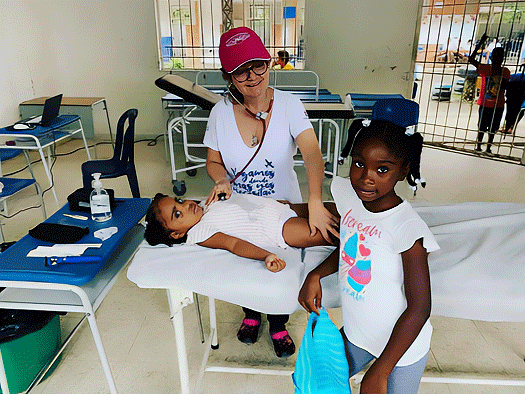
Join Patrulla Aérea Civil Colombiana in its mission to provide medical care to remote regions of Colombia. The nonprofit organization was founded by private pilots over 56 years ago and provides medical, surgical, humanitarian and emergency medical care to Colombian towns that are inaccessible by road. Recently, they have expanded to provide care to Venezuelan migrants and refugees. With their mobile hospital and specialized equipment, they transform hospitals with limited resources and schools into fully functional medical facilities.
